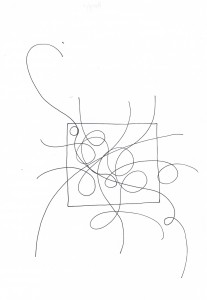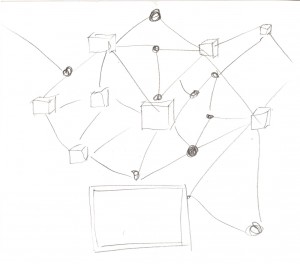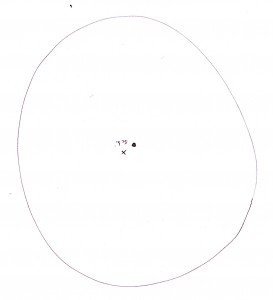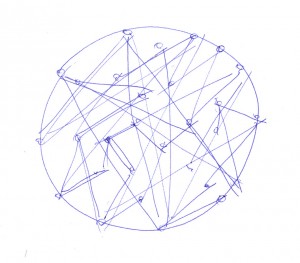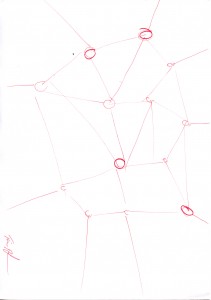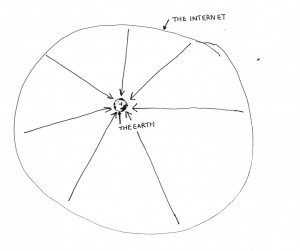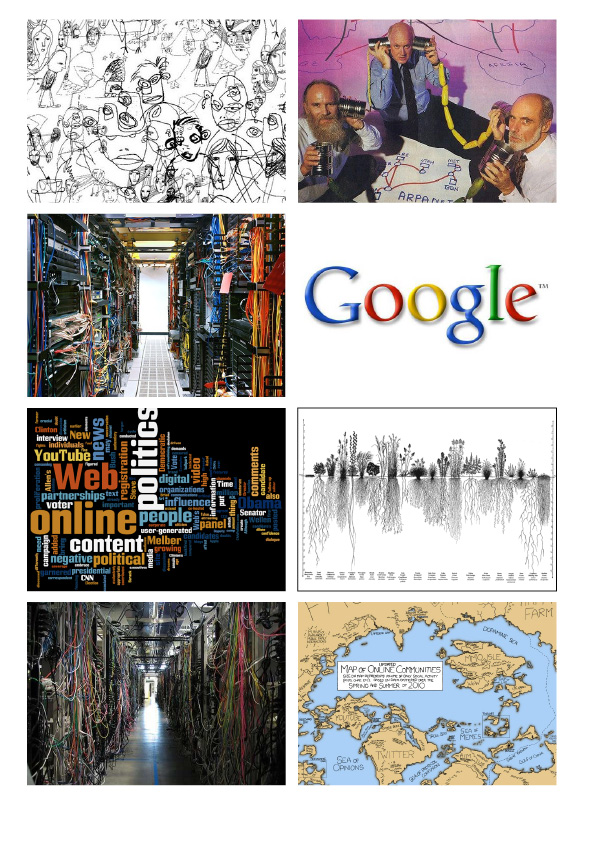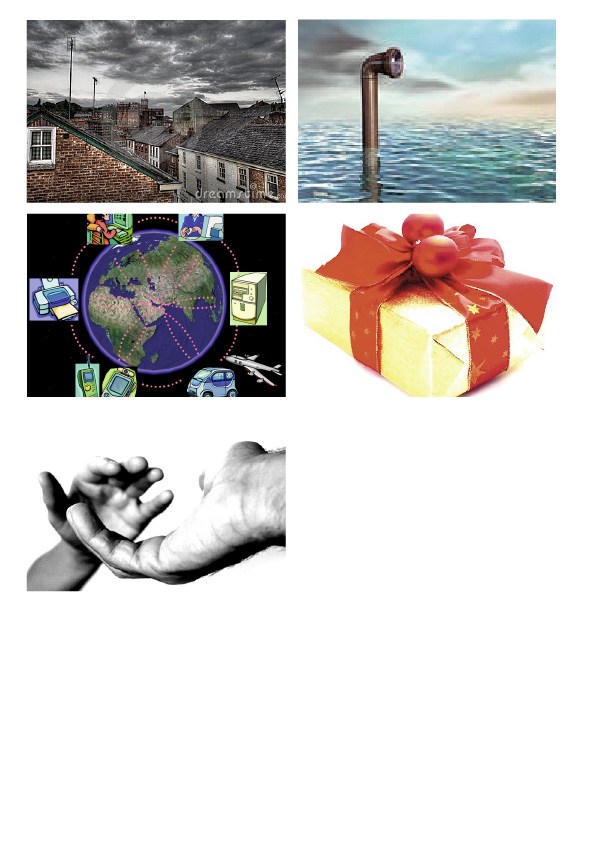It is time to publish my abstract I wrote for the Junior Research Symposium 2012 that will take place in November in Geneva. Their website hasn’t been updated yet, but you can already find information about past symposia. http://www.junior-research.ch/index.php/2011/database
Abstract:
The internet is weaving itself into our daily lives and will do so even more in the future. As gateway between the analog and the digital world, search engines hold a crucial position, and therefore it is important for us to understand and use search engines adequately.
This project enquires from the user’s point of view how graphic design can improve orientation and transparency in the process in online searching. Through quantitative studies, a target group was defined, which then determined the specific field of application. By shadowing user search habits both on- and offline, this method highlighted which setting the result should be placed into. A participatory lab-situation generated the concept on which the result is based and confirmed the hypothesis stated in the initial research question.
These methodologies led to the creation of an online-tool enabling users to be in better control of their search queries and to have greater clarity about the origin of the found information. For example, users conclude that being more aware of personalised search issues like the filter bubble allows them to take appropriate action.
